
views
Leaving your current friendship group

Think about the friendships you currently have. Perhaps it is just a few of the friends who are problematic, or maybe it's all of the friendship group. That is something that only you can decide from what you know of them and how their attitudes and actions impact you. In working this out for yourself, consider the following: Which friends are constantly dragging you into trouble? Which friends cause you to give in to doing things you'd rather not do? How do you feel when spending time with each of these friends, both individually, and as part of the group? Do you feel supported? Can you voice your own preferences, opinions, likes and dislikes without being laughed at, told you're being stupid or shouted down?

Listen to what the people you can trust are saying. Most of all, is your family concerned about your friendships at the moment? What do your parents, siblings, partner/spouse or other family members think? Have they made comments that have given you cause to think about how healthy your friendship group is? In many cases, family can be a real help in seeing what you can't see. They usually mean well for you and don't want to see you get hurt. In some cases, family may not be seeing the right things or understand. In that case, you are the best judge of the situation.

Decide whether or not it's likely to be best to leave the whole group of friends. In some cases, there may be a friend or two who doesn't want to stick with this friendship group either, and may like to bolt with you. In other cases, you may feel that you can't trust any of your current friends as future friends and you just want to cut ties with them all. Once again, this is dependent on your situation and which friends are behaving in which manner toward you. Talk to the friends you trust––if you can absolutely trust them. Tell them about your intentions to split from the group. Don't force them to make the same decision; instead, suggest that they might like to think about doing the same as you and if they do, to leave at the same time you do. How do you know if a friend can be trusted? You never do one hundred percent. But it starts with your own gut feelings, with knowing what you've been through and how much this person has stuck by your side in the past and not let your down. Go from those things and make your decision as to their trustworthiness.
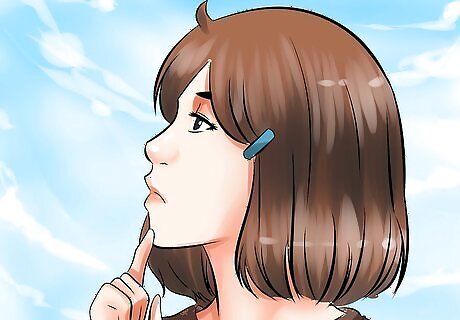
Decide how you'll leave the friends. You might just up and leave, cutting all contact with them from this point on. You might tell them that you're too busy to catch up anymore. Or, perhaps tell them that you're no longer interested in doing the things they're doing. Find the angle that works easiest for you, then move out of the friendship group as best you can.
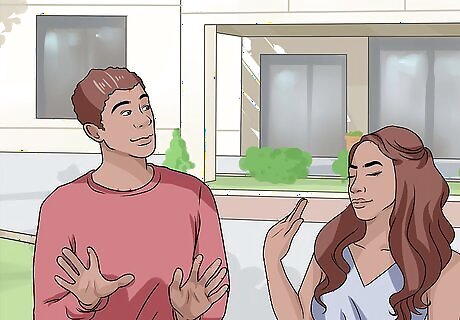
Consider giving yourself some time before seeking new friendships. Even though your former friends were not the best of people to be hanging with, they were people you bonded with. It'll be hard to let go at first and you may feel lonely, lost, disappointed, angry and a range of other very real and understandable feelings. Give yourself the time and space to work through this before seeking out new friendships. Family can be a good source of support at this time, as can focusing on work, hobbies, sport and learning new things.
Getting better friends
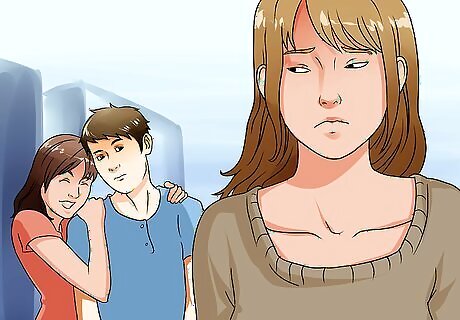
Decide what you don't want in a friendship again. This will likely be all of the things you didn't enjoy in your old friendships. You will likely want to be around people you can trust, who don't intimidate or force you into doing things you don't like and who respect you for who you are and not what you can do for them. It is important to be clear about your boundaries, just so that you don't fall in with a similar crowd and repeat the pattern of problems from the past.
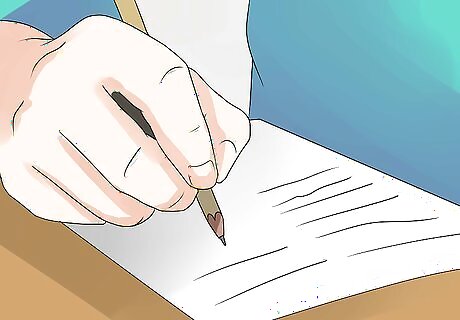
Write down what you do want in a friendship. It's time to be positive from this point onward. Think of all the positive things you want from friendships, such as trust, loyalty, respect, care, supportive actions, reciprocated help, clean living, pleasant nature, particular interests, etc.
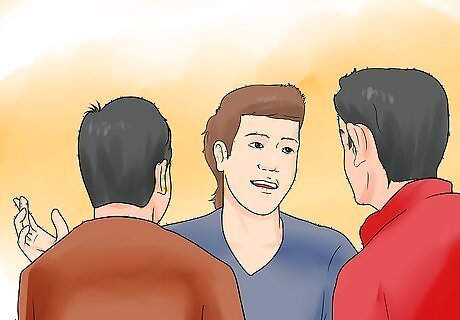
Begin seeking new friends. Look for friends where you are most likely to meet people who match the things you're seeking in good friends. This might be through mutual sports or hobbies, at work, in class or studies, through family or trusted friends, and so forth.

Take it easy. Get to know the people you hope will become friends before considering them as close friends. Be cautious at first while still being friendly. Let them know that you need time to feel comfortable around new people if they seem a little taken aback at your caution.

Check that you really connect with the new friends. Do they have the same goals, aspirations and interests as you? Are they doing the sorts of things that will keep you on the straight and narrow, getting you where you'd like to be headed? Do you feel happy, comfortable and accepted for who you are with these people? These are all important questions to ask then answer with respect to potential new friends. Talk openly. Do your potential friends respect your views, opinions, and ideas? Do they respect you even when they disagree?

Make overtures of close friendship when you feel comfortable and can trust the new friends. Explain to them that while you needed time to be sure of your friendships with them, that you feel you've bonded with them well and would like to be considered long-term friends with them.

Keep watch on how you feel over time. You'll know from past experience if you're on the receiving end of disrespect, meanness, bullying or goading. If it does happen again, confront the people in question quickly and say that you won't stand for and will leave the friendship if it continues. You must mean this for it to work. However, given all the work you've done to break the cycle and find different friends, this should hopefully not be an issue anymore and your new friends should be ideal.



















Comments
0 comment